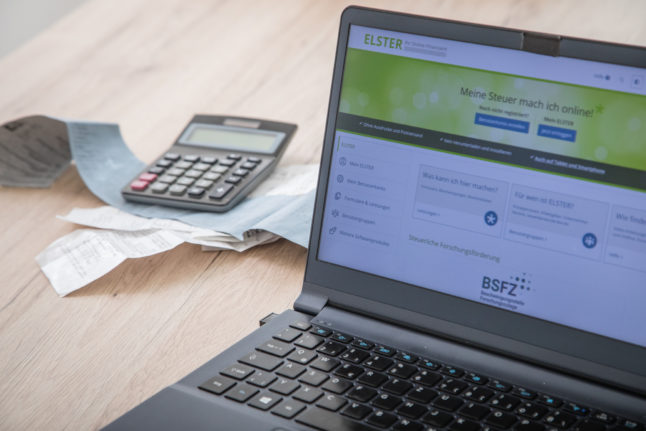“They will be in fundamental accordance with the rules that the G20 nations aim to implement,” Ackermann was quoted as saying in a statement issued by the banking association Initiative Finanzstandort Deutschland.
He added that the bonuses would be “more strongly linked to the sustainable success of the bank and take the risks of the bank business better into account.”
Ackermann initially announced the agreement late on Thursday with backing from eight of the biggest German banks and insurers. The self-regulation would apply this year, Ackermann said, whereas the G20 recommendations were supposed to be implemented from 2010.
The decision follows an announcement that Britain would levy a 50-percent tax on bonuses that exceed £25,000 ($40,700) annually. France is expected to introduce comparable measures.
German Chancellor Angela Merkel said on Friday her country’s constitution meant it would be impossible for her to copy London and Paris and slap a one-off tax on bankers’ bonuses.
Merkel said she had no choice but to rule out the idea, warning: “I cannot ride roughshod over the constitution,” in reference to clauses stating that taxes cannot be raised on individual portions of income.
She said she favoured “guarantees to prevent taxpayers once more being asked to dip into their pockets when banks are going through a crisis,” and added: “That’s where a cross-border financial transaction tax comes in.”



 Please whitelist us to continue reading.
Please whitelist us to continue reading.
Member comments